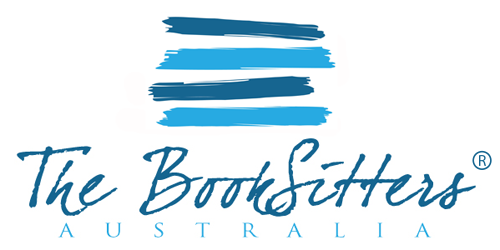How to create an advisory board for your business
 How to create an advisory board for your business
How to create an advisory board for your business
Many remarkable entrepreneurs, including Warren Buffet, Sheryl Sandberg, and Richard Branson, have credited their success, in part, to the advice of their mentors.
An advisory board is an informal group of mentors whose collective business expertise—and objectivity—can help you make better, more informed decisions, thereby accelerating growth.
Unlike business consultants (whose fees may well exceed your budget), advisory board members may agree to provide advice pro bono, for a small stipend, meal, or reimbursement of travel expenses.
These tips will help you create a first rate advisory board that can immediately help improve your bottom line.
Selecting board members
When deciding who you’d like to join your advisory board, think first of your purpose—the goals you most need to accomplish—as well as your own strengths and weaknesses as an entrepreneur.
If you want your board to serve in a general business development capacity you’ll want a legal advisor, accountant, marketing expert, and business owner from outside your industry who can meet on an ongoing basis.
You may also want to bring together an advisory board for a very specific purpose—to solve a problem or achieve a short-term goal. In that case, you’ll be looking for advisors with expertise in a particular area who will meet on the understanding that once your goal is achieved the group will dissemble.
Tips for finding advisors
It’s ideal to have between three to five advisors serving on your board who can fill any critical knowledge gaps and offer key business insights.
When looking for advisors, start with your own business network including any organizations or associations you belong to, your local business community, previous employers and colleagues.
LinkedIn can help you discover new connections in your area through your business groups as well as the network of people you already know.
Another option is to ask the business professionals you work with—your accountant, lawyer, or financial advisor—if they can suggest any good candidates for your advisory group.
Get the most out of each meeting
Plan to meet with your advisory board regularly—at least every quarter. If you meet any infrequently than every few months you’ll risk losing focus and momentum.
Between meetings it’s wise to send along relevant interim reports to keep your group informed and engaged. Likewise you’ll want to distribute any relevant documentation—business plans, financial statements, and other reports—in advance of each meeting to generate more productive discussions.
Although advisory meetings can be quite informal, drafting an agenda can save time and help maintain focus when your advisory board gets together.
Final thoughts
Working with an advisory board can yield some appealing side benefits. You may find the preparation required before a meeting helps keep you thinking analytically about your business and encourages you to keep striving toward your goals.
Your board’s network of connections can also be an advantage when you’re looking for capital, partners, vendors, experts—or even new customers.
A small business with an advisory board may also be less risky for potential lenders, who may be reassured that a business owner isn’t making all the key decisions on her own.
For Bookkeeping Advice
Our team of friendly bookkeepers are passionate about supporting small businesses in Australia.
Whether you’re looking for advice on your new advisory board, bookkeeping or financial tips, we are happy to help.
See below for our bookkeeper locations; if you’d like to ask a question, please feel free to use the form below and we’ll be in touch with you soon.
Our Bookkeepers
Justine Day: Southern Highlands / Bowral Bookkeeper
Amanda Graham: Southern Highlands / Bowral Bookkeeper
Petra Austing: Southern Highlands / Bowral Bookkeeper
Karin Evans: Gold Coast Bookkeeper
Pru Hall: Wollongong Bookkeeper
Jackie Short: Canberra Bookkeeper
